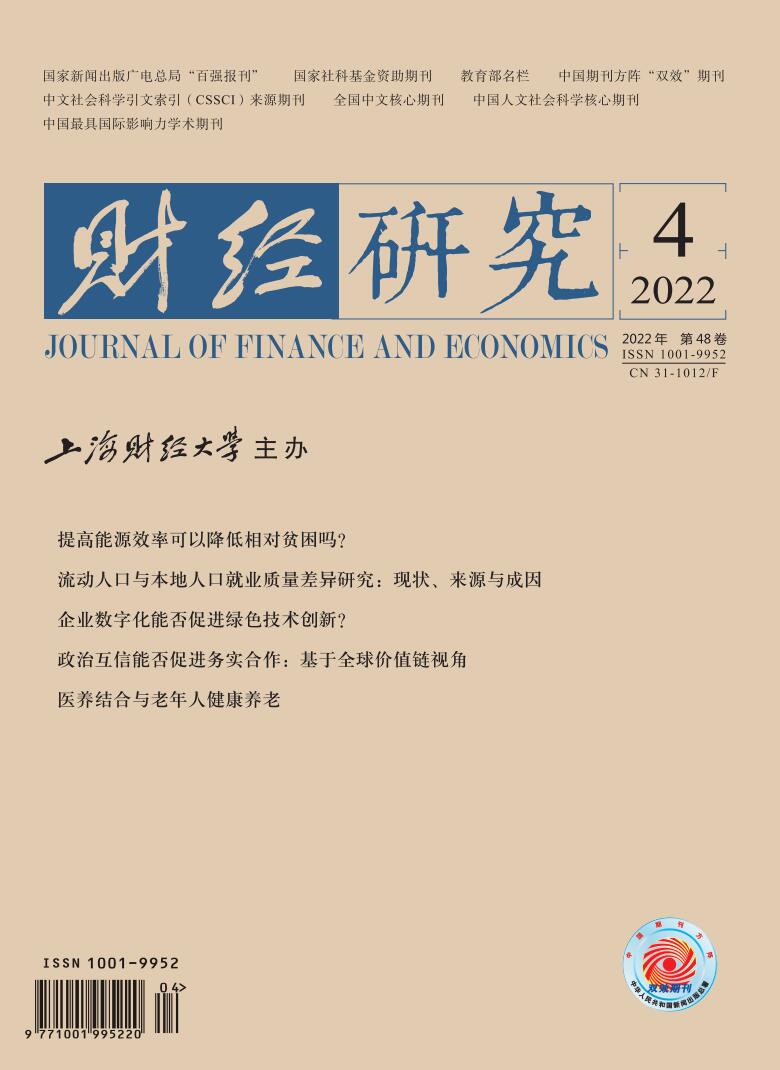Since the 18th CPC National Congress, China’s environmental protection law enforcement has significantly improved. In addition to eliminating pollution, environmental protection law enforcement is increasingly playing the role of economic leverage. At the same time, China’s bond market is developing rapidly. The scale of China’s bond market ranks second in the world, and issuing bonds have become one of the most important financing methods for Chinese enterprises. Whether the government’s environmental protection law enforcement can guide all parties in the bond market to reasonably identify the legal risks of pricing environment, build a rating model oriented by default rate, and make up for the shortcomings of the traditional rating based on financial information has become a problem worthy of study.
Based on the environmental administrative penalties imposed on all bond-issuing industrial enterprises from 2013 to 2018, this paper uses PSM and panel regression to empirically study the impact of environmental administrative penalties on bond default spreads and corporate credit ratings. It is found that: (1) Environmental administrative penalties affect the operating income of enterprises, which in turn increases bond default spreads. (2) Environmental administrative penalties have caused investor-paid rating agencies to downgrade corporate credit ratings, and some issuer-paid rating agencies have also lowered corporate credit ratings. (3) Environmental administrative penalties make investor-paid rating agencies strengthen the follow-up rating tracking of enterprises, and bond-issuing enterprises will choose more issuer-paid rating agencies that have not downgraded corporate credit ratings, indicating that there is a two-way interest relationship between bond-issuing enterprises and issuer-paid rating agencies.
This paper draws the following policy recommendations: (1) For information disclosure, it is necessary to improve the mandatory disclosure system of environmental information, accelerate the establishment of a unified authoritative environmental credit information disclosure platform, and proactively disclose environmental administrative law enforcement information in a timely manner. (2) For the capital market, it is necessary to strengthen the market rating supervision of investor-paid rating agencies, and at the same time strengthen the joint and several default liability penalties of issuer-paid rating agencies, so as to make up for the deficiencies of traditional rating based on financial information. (3) For the incentive mechanism, it is necessary to establish a long-term environmental protection law enforcement mechanism, popularize pollution control technology, promote environmental protection law enforcement to be related to the long-term business performance of enterprises, and promote environmental protection obligations to be included in the long-term development of enterprises.
The innovation of this paper may lie in that: (1) The existing research mainly focuses on the independent disclosure of corporate environmental information, and cannot accurately identify the impact of environmental legal risks on the capital market. Based on the perspective of government environmental protection law enforcement, this paper studies the impact of environmental information on bond default spreads and corporate credit ratings, supplementing the empirical evidence for summarizing the economic leverage of environmental protection law enforcement. (2) Most of the existing literature discusses whether environmental information disclosure changes the market value of enterprises. From the perspective of supply-side reform and the impact of exogenous information, this paper expounds the mechanism of environmental protection law enforcement, and provides guidance for regulatory authorities to build a default-rate-oriented rating model, curb the excessive expansion of double-high industries, and improve the rating constraint mechanism of environmental protection law enforcement.





 5923
5923  7531
7531

